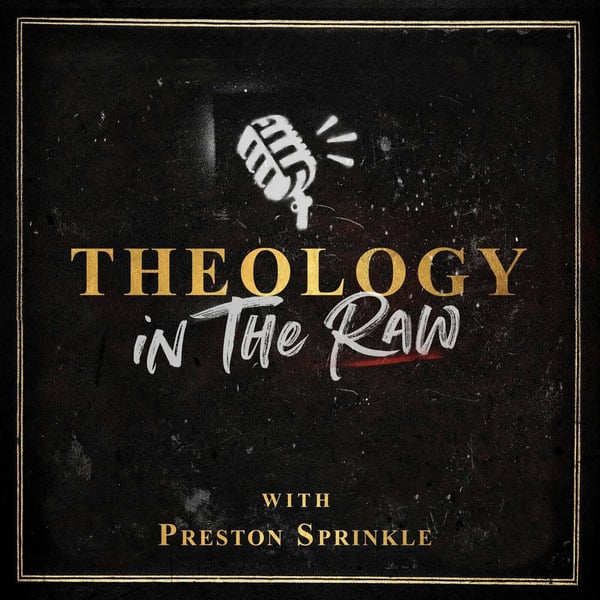Are Husbands the "Head" of Their Wives? The Meaning of Kephale, part 2: Preston Sprinkle
Theology in the Raw
Theology in the Raw
4.6 • 1.4K Ratings
🗓️ 25 March 2024
⏱️ 144 minutes
🧾️ Download transcript
Summary
Transcript
Click on a timestamp to play from that location
| 0:16.0 | Hello friends welcome back to another episode of theology in the Ra my guest today is myself this is going to be part two of my I guess very lengthy series on the meaning of keffalay the Greek word keffalay which is often translated head in Paul's letters in particular I am ultimately going to get to the meaning of head in Ephesians 523 at the end of this |
| 0:22.4 | episode please don't skip ahead because 523 at the end of this episode. |
| 0:23.0 | Please don't skip ahead because all of this background information is going to be really important. |
| 0:28.0 | Also, if you did not listen to the previous episode it would be helpful if you did I mean I spent a lot |
| 0:38.1 | of time one might argue too much time in all the background material regarding the use of |
| 0:45.2 | kifalae in ancient Greek literature. |
| 0:47.8 | We looked at the use of kifalae and the septuigent |
| 0:51.2 | and extra biblical Greek literature and the early church fathers and I would I mean I |
| 0:56.8 | would encourage you to not just believe what I say but look at the evidence I gave for my tentative conclusion that Kefalay often conveys some sense of authority |
| 1:10.3 | as it's used throughout various throughout Greek literature. |
| 1:16.4 | Again, Septuigent, early Church Fathers |
| 1:18.5 | and extrambocal Greek literature. |
| 1:20.4 | So that's a debated conclusion and that's why I spent so much time, you know, looking at |
| 1:24.8 | text after text at the text, trying to consider the context as fairly as I can. |
| 1:30.1 | And I came to the tentative conclusion that while Keffilay can mean source and sometimes does mean source |
| 1:39.1 | it more often means some it conveys some sense of authority. So I would invite you to go check |
| 1:46.4 | out that episode and also again these two episodes are following a lengthy blog series that I wrote on this topic. |
| 1:53.7 | So if you're more of a reader than a listener, you can go to theology in a |
| 1:57.5 | raw.com click on the link for blog and if you go back in November you will see |
| 2:02.4 | part one of an eight part series on the meaning of |
| 2:05.5 | keffile in Paul's letters. So again, as I said in the previous episode, I'm going to be drawing off of drawing from those blog posts. |
| 2:15.0 | For this episode, I'm going to be looking at post number six, seven, and eight. |
... |
Please login to see the full transcript.
Disclaimer: The podcast and artwork embedded on this page are from Theology in the Raw, and are the property of its owner and not affiliated with or endorsed by Tapesearch.
Generated transcripts are the property of Theology in the Raw and are distributed freely under the Fair Use doctrine. Transcripts generated by Tapesearch are not guaranteed to be accurate.
Copyright © Tapesearch 2025.

